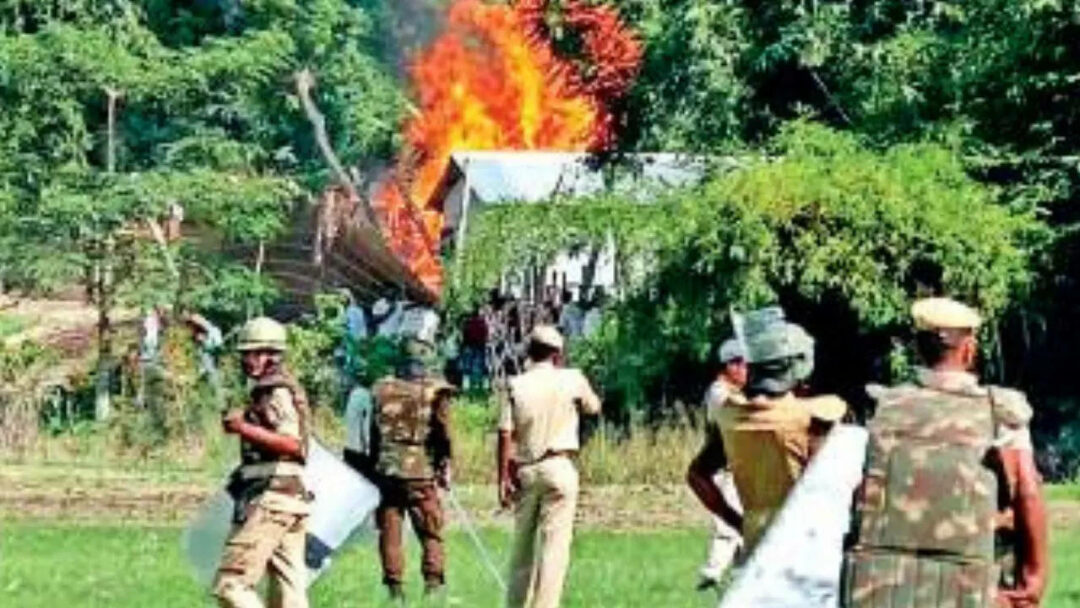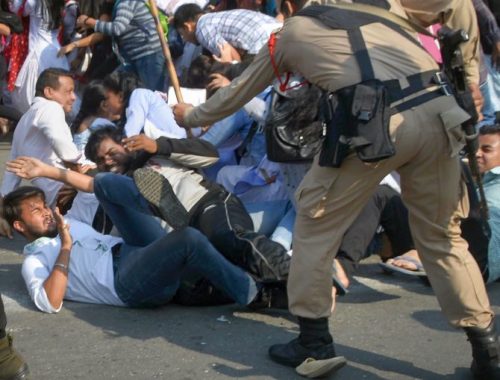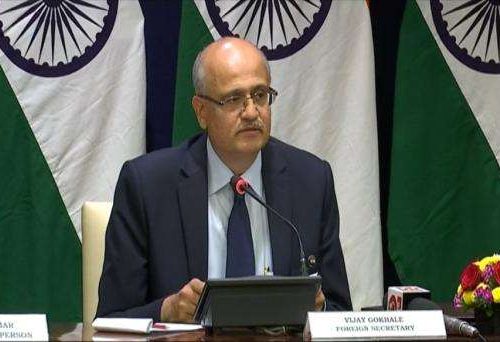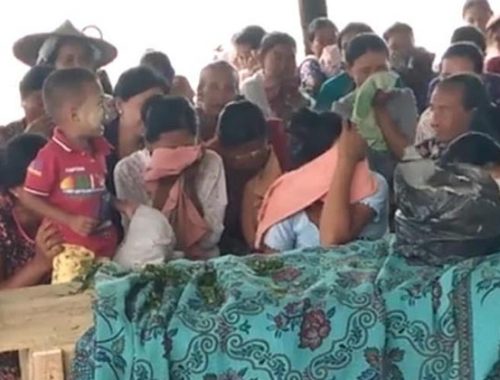U.S., Belgium to question India on CAA, minority rights, hate speech at U.N. Human Rights Council– —-The negative observations that several human rights organisations have submitted to the world body raise questions.
Treatment of journalists and human rights defenders, Citizenship Amendment Act (CAA), Foreign Contribution Regulation Act (FCRA) and custodial torture are expected to dominate the Universal Periodic Review (UPR) of India at the Human Rights Council in Geneva that will take place on Thursday.
In “Advance Questions” submitted to the Council, Belgium has called the Citizenship Amendment Act “anti-minority” and asked India if the law would be repealed. Similar concerns have been raised by the United States which has highlighted “hate speech”, “internet shut downs” and the issue of hijab in Karnataka.
“Will the government of India review and repeal anti-minority laws such as the Citizenship Amendment Act and anti-conversion laws which target religious minorities, and introduce measures and legislation to prevent and respond to communal and targeted religious violence?” Belgium asked.
The country further asked about the steps that the Government of India will take to ensure that “human rights defenders, journalists and civil society organisations can exercise their rights to freedom of expression and peaceful assembly, free from threats, harassment, intimidation and attacks”.
As of Tuesday, the United States, Belgium, Spain, Panama, Canada and Slovenia have submitted “Advance Questions” ahead of the India-centric session on Thursday.
The U.S. has submitted strong comments about the human rights situation in India and has submitted eight questions so far covering the treatment of minorities in India, “faith leaders”, activists and “cow slaughter laws”.
“A law in one Indian State infringes on wearing religious garb in educational institutions. In addition, we are concerned about acts that intimidate religious and ethnic minority communities, such as hate speech and the targeting of their homes and businesses. What steps are being taken by the government to protect members of religious minority groups from discrimination?” the United States asked.
The U.S. has also asked the Government of India about how the Unlawful Activities Prevention Act (UAPA), the National Security Act, Public Safety Act and sections 124A, 499, and 500 of the Indian Penal Code comply with India’s international human rights obligations and commitments. The country has urged India to explain how it was holding government officials accused of anti-minority actions, accountable.
Panama has asked about what “specific measures” has India taken to help people who are at risk of becoming Stateless.
The Universal Periodic Review will be conducted on the basis of the national report provided by India, information provided by independent human rights experts and groups, and international human rights groups.
In the national report submitted in August, India informed the Council that laws were fully and consistently enforced to ensure protection of the minority communities. The national position on the issue of human rights gives an indication of the line that India is expected to take during the upcoming deliberation which has drawn curiosity because of the negative observations that several human rights organisations have submitted to the world body.
The report further states that the National Crime Records Bureau has recorded a decline in communal riots since 2018. It says that India believes in use of “minimum force” and cited legal precedents saying that security forces do not have “absolute immunity” and “when allegations are made against the forces, law take its course”.
It further states that the National Human Rights Commission has issued guidelines to State governments to inform the Commission within 24 hours of the occurrence of a custodial death, stating, “India signed the Convention against Torture and Other Cruel, Inhuman or Degrading Treatment or Punishment in October 1997 and remains committed to ratify the Convention. Since the subject falls under the Concurrent List, the Central government shall also take into account the opinion of States in this regard.”
The Universal Periodic Review will be conducted on the basis of the national report provided by India.




